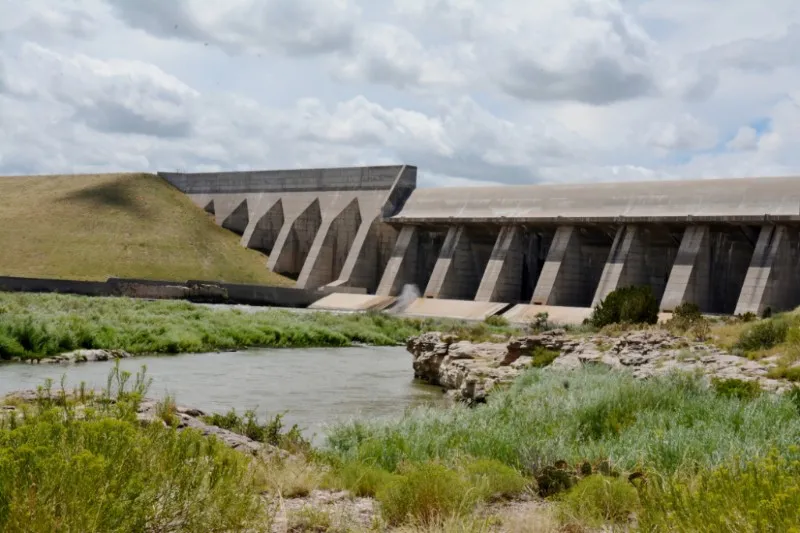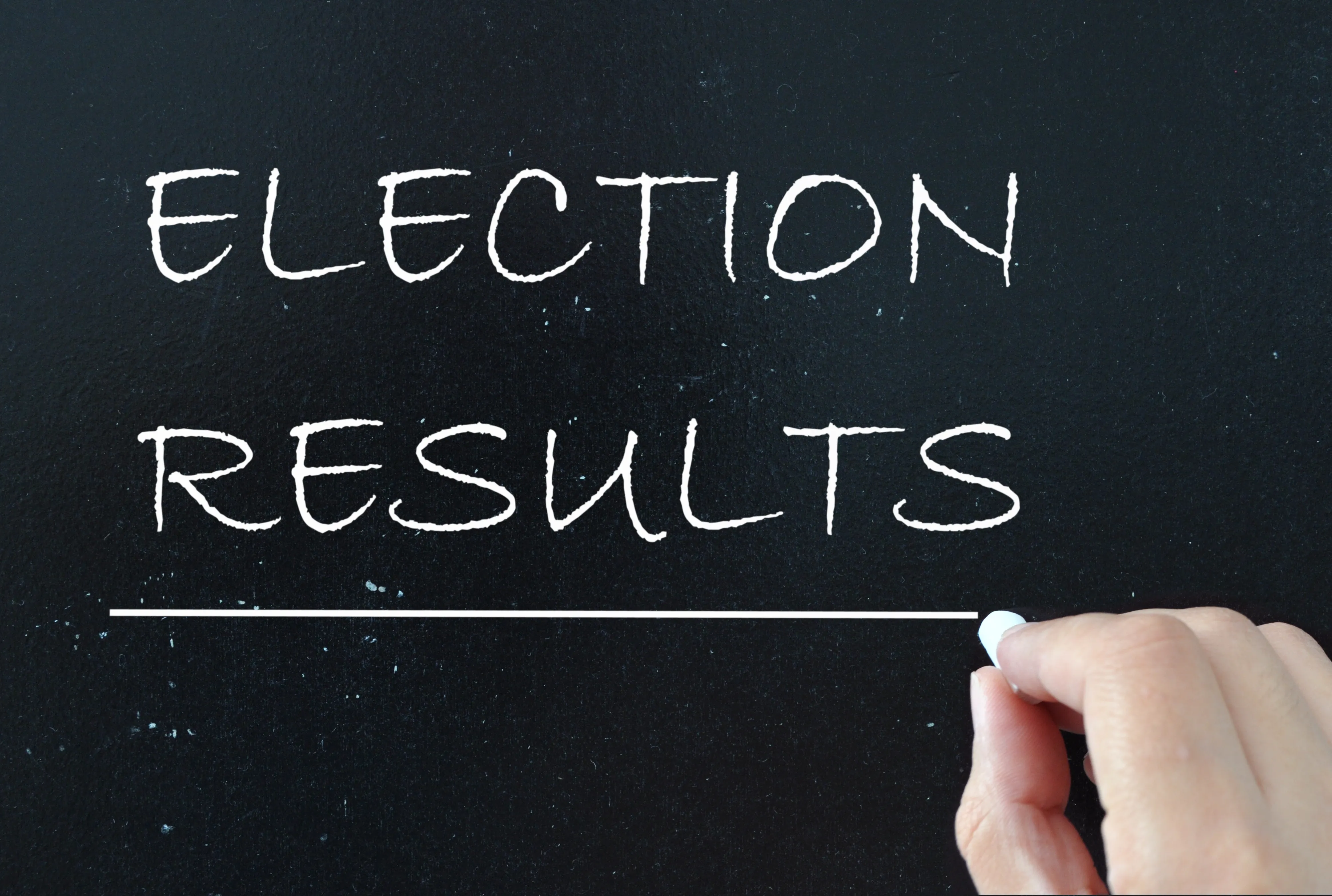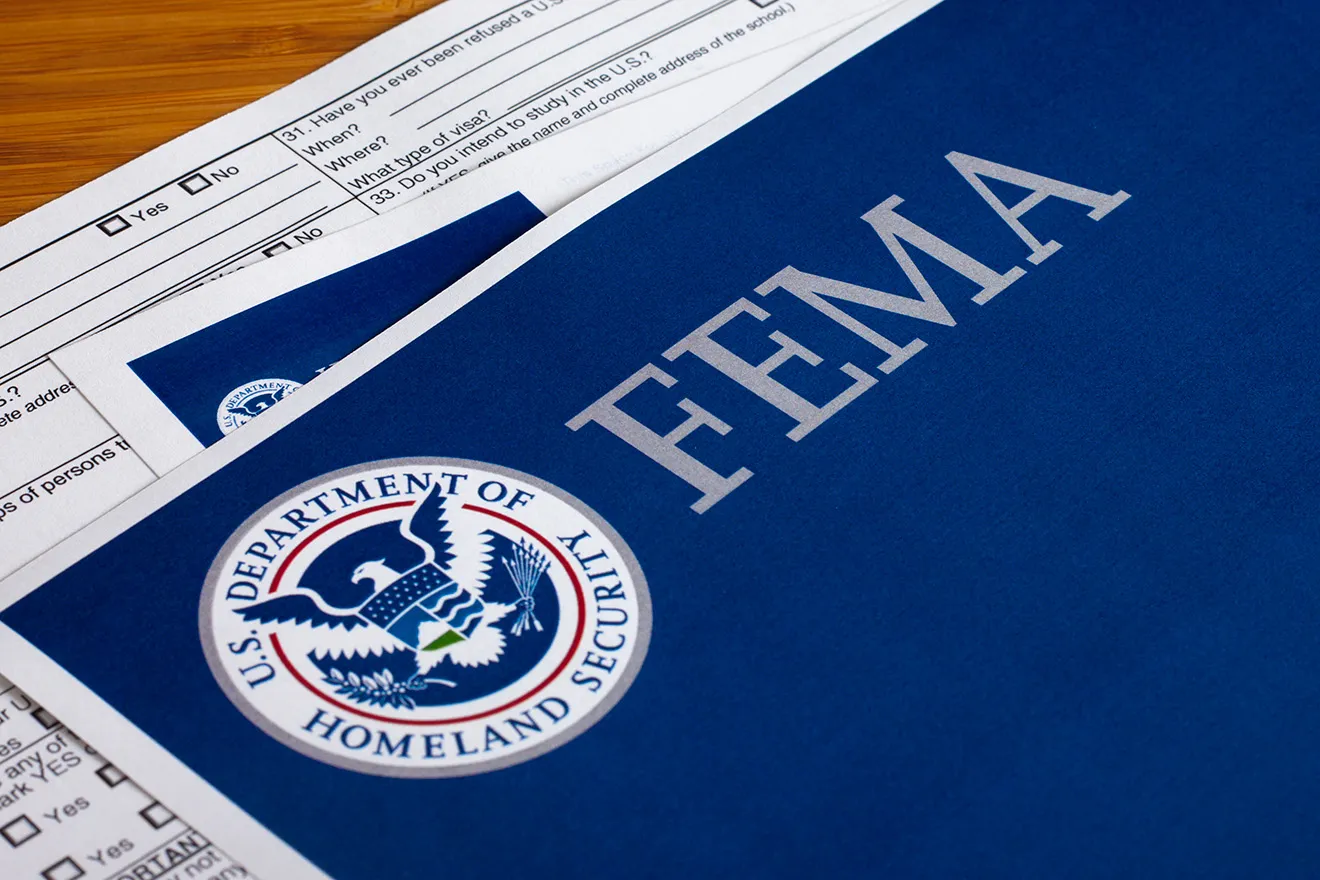
Daily Audio Newscast Afternoon Update - November 1, 2024
News from around the nation.
Trump attacks Liz Cheney using violent war imagery; Election insights: What 50 Ohioans want to hear from candidates; Consumer groups slam California Supreme Court ruling on lemon law; On National Brush Day, new resources in Kentucky to boost oral health.
Transcript
♪♪ The Public News Service Friday afternoon update.
I'm Mike Clifford.
At his final campaign event in Arizona, former President Donald J. Trump on Thursday night insulted Liz Cheney, one of his most outspoken Republican critics, and used menacing imagery to suggest she should be sent into the line of fire.
That for "The New York Times."
They report during an onstage interview with Tucker Carlson, a former Fox News host and top Trump ally, Trump hurled personal attacks at Ms. Cheney, who is campaigning with Vice President Kamala Harris.
The Times quotes Trump as saying, "In front of thousands at the Desert Diamond Arena in Glendale, Arizona, she's a radical warthog."
Trump added, "Let's put her with a rifle standing there with nine barrels shooting at her, okay?
Let's see how she feels about it, you know?
When the guns are trained on her face."
And as Election Day approaches, Signal Iowa documenters interviewed 50 people across Cleveland and Akron, and pocketbook issues topped their list.
Many expressed concerns about the rising costs of everyday necessities, with Cleveland resident Nathaniel Jurkago saying the candidates haven't done enough to address the financial struggles he and others face daily.
I can't pay my bills.
I can't make ends meet.
Grocery prices are insane.
And I don't think either candidate said anything about, you know, those concerns.
His frustrations are shared by many voters who feel disconnected from campaign messages and want the candidates to focus more on economic pressures of middle-class and lower-income households.
And while some have noticed more focus on jobs and inflation in the campaign speeches, many Ohioans want to hear more detailed plans, specifically about making housing and basic utilities more affordable.
Farah Siddiqui reporting.
This story based on one by the Cleveland documenters for Signal Ohio.
Millions of Californians buy used cars still under manufacturer's warranty, but consumer groups say those warranties are now essentially unenforceable.
The panel of judges agreed with car manufacturers that the state's so-called "Lemon Law" only applies to new cars.
Rosemary Shahan is president of the nonprofit Consumers for Auto Reliability and Safety.
You won't be able to tell the manufacturer, "Hey, you have to fix my car," or "I want a refund."
The manufacturers can just blow you off.
Owners of these used vehicles could be faced with big, unanticipated repair bills if the manufacturer opts not to honor the remainder of the warranty.
I'm Suzanne Potter.
And today is National Brush Day.
Experts across Kentucky are reminding residents to brush their teeth twice a day, floss, avoid smoking.
Julie Smith directs dental services for Cumberland Family Medical Center, which provides preventative and restorative oral health for more than a dozen school districts in the region.
It is not uncommon for us to see students who tell us they've never had a toothbrush or they've never had a toothbrush of their own because their entire family shares a toothbrush.
She adds, without the program, most kids would go the entire school year without seeing a dentist.
This is public news service.
Next to Arizona, ground zero for the 2024 election, but also sits on the front lines of the climate crisis, as the state has seen another year of record-breaking temperatures.
Chispa, Arizona, Executive Director, Biane Olivarria, says many state and local races in Arizona will have direct impacts on how state leaders not only manage environmental challenges but also preserve democracy.
She contends Arizona isn't taking full advantage of the natural resources at its disposal.
When we talk about clean energy, democracy, and the future of Arizona, that's what we're talking about.
It's a future where this heat is gonna get worse, the pollution is gonna get worse.
That means that our ability to survive will highly depend on our ability to produce electricity.
She adds voters will get to choose candidates vying for three seats on the Arizona Corporation Commission, which has significant power over the state's energy decisions.
I'm Alex Gonzalez reporting.
Meantime, some Northeast Wisconsin residents are challenging a wastewater permit issued by the state to a large dairy operation.
The Wisconsin Department of Natural Resources reissued the wastewater permit to Pagels Ponderosa Dairy in August.
Petitioners are now requesting that the State Division of Hearings and Appeals review the terms for water monitoring and limits on the number of animals.
Attorney Adam Voskwell with Midwest Environmental Advocates says the DNR has the authority to protect communities.
And we've been pushing for a few years now to see them use that more often, and this is one of those instances where they didn't do enough.
A 2021 Supreme Court ruling allowed the DNR to include terms on groundwater monitoring and setting size limits on KFOs, but with more than 330 of them across the state, Voskwell says the DNR has included these terms in only a handful of permits.
I'm Judith Ruiz, Branch, reporting.
Finally, our Edwin J. Vieira lets us know New York's affordable housing crisis is being made worse by - that is according to groups who are trying to reform the system.
The state consistently ranks high for high housing cost burdens on renters and homeowners.
The New York State Comptroller finds about 52 percent of the state's renters have a high housing cost burden.
Halen Choi with the Communications Workers of America says this can be attributed, in large part, to big corporate landlords.
When corporate landlords roll into our communities, rents spike, hidden fees add up, and basic maintenance goes out the window.
This is not just business as usual.
I think what we're seeing is exploitation, plain and simple.
State and federal legislation could rectify these problems, but Choi says the political landscape has prevented it so far.
She cites federal lawmakers like New York Congressman Mark Molinaro, who were bankrolled by real estate companies and have voted down federal affordable housing bills.
But at the state level, good cause eviction and other tenant protections are working to keep housing costs reasonable.
This is Mike Clifford.
Thank you for starting your day with Public News Service.
Member and listeners supported, hear us on interesting radio stations, your favorite podcast platform.
Find our content and trust indicators at publicnewsservice.org.

















